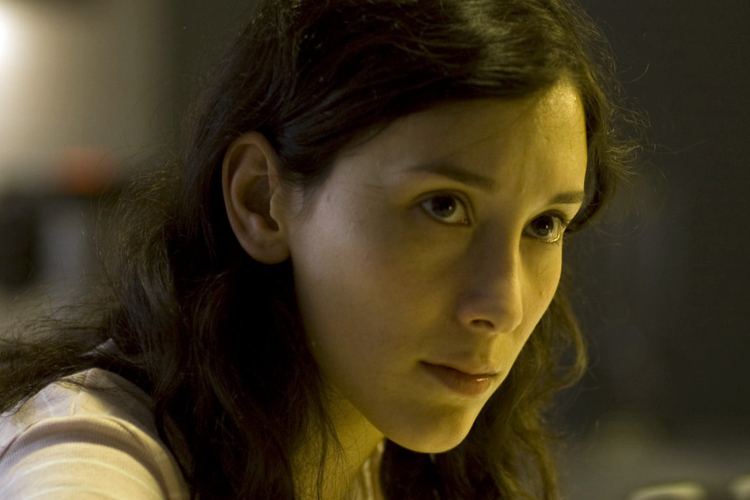“When We Leave” begins with a scene that suggests shocking violence and ends by delivering that same scene in full (which turns out to be even worse than we thought at first). At least you won’t think you’re heading for an up-with-people, feel-good experience. A gripping tragic melodrama about a young Turkish-German woman torn between the modern, secular society around her and the demands of her traditional Islamic family, writer-director Feo Aladag’s debut film goes straight at the most contentious issue plaguing contemporary Europe. Aladag is an Austrian of European heritage, but her outstanding Turkish cast portrays the conflict that erupts around Umay (Sibel Kekilli), a beautiful young woman who defies tradition by leaving her abusive husband, with remarkable sensitivity.
I don’t mean that Aladag’s film defaults to some pseudo-neutral cultural relativism, or suggests that women’s freedom is negotiable. Far from it — she depicts Umay’s clannish and patriarchal family, which is divided between Istanbul and Berlin, as a cruel and inexorable machine determined to crush her resistance. But the individuals in that family, like Umay’s blustery father (Settar Tanriogen), her sharp-eyed mother (Derya Alabora) and even her thuggish brother, Mehmet (Tamer Yigit), are plagued by anxiety and guilt. In fact, they still love Umay and wish her no ill, but they feel nearly as imprisoned by the power of their misogynist culture as she does.
At first, I found Aladag’s approach to storytelling too foursquare and straightforward; every scene goes in a line from point A to point B, and there’s not much ambiguity or emotional misdirection. But Kekilli, a slender, almost severe 30-year-old beauty who first rose to German stardom in Fatih Akin’s 2004 film “Head-On,” makes for a magnetic focal point, and the story of Umay’s rebellion builds toward an almost unbearable tension. We see very little of her life in an Istanbul high-rise with her husband, Kemal (Ufuk Bayraktar) — only enough to grasp how miserable she is. (We’ll see the bruises later, almost in passing.) She grabs her 5-year-old son and hops a plane to Berlin, where her parents express varying degrees of incomprehension: “What a surprise! Why didn’t you tell us you were coming?” And then: “Where’s Kemal?” (While this pattern of immigration and reverse migration might seem odd, it isn’t at all unusual in contemporary Europe.)
On the surface, Umay’s parents and siblings have largely assimilated to life in Germany. Her brothers and sister speak much more German than Turkish, and only her mother wears a headscarf. They go to the mosque on Friday, at least sometimes, but they also go to discos, and there’s no talk about God or the Quran. Yet from the beginning, no one in Umay’s family ever considers the heretical notion that she has the right to leave her husband, for any reason she likes or none at all. When she tells her father that Kemal beats her, he opens his hands in a wide shrug — what can be done? — and smiles benignly. “He is your husband. The hand that strikes is also the hand that soothes.”
When Kemal announces that he doesn’t want Umay back — she’s a “German whore” — the family’s reputation is dangerously soiled. Her father and brothers are tasked with kidnapping Umay’s son and returning him to his father in Turkey (there have been several cases like this, and worse, in recent German history). In desperation, Umay calls the cops, provoking a showdown between the egalitarian, feminist-inflected social mores of modern Europe and the quasi-medieval honor code by which her family lives. She escapes for a while, into a supportive women’s shelter and even a romance with Stipe (Florian Lukas), a charming German co-worker. But Umay cannot quite break free of her family; she and they are trapped in a car that’s hurtling downhill with no brakes. Aladag’s point, I think, is that no matter how righteous we may feel about this kind of zero-sum cultural collision, for the human beings involved it often results in unbearable tragedy.
“When We Leave” opens Jan. 28 in New York and Los Angeles; Feb. 18 in Washington; March 4 in San Francisco; March 11 in Philadelphia; March 25 in Minneapolis; April 1 in Boston and April 8 in Seattle, with other cities to be announced.


